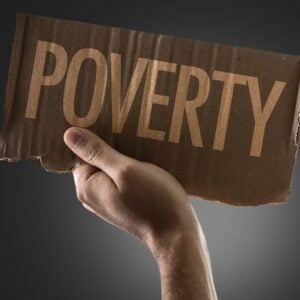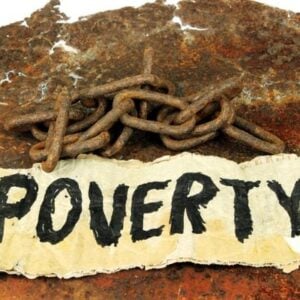Tajikistan has made significant strides in reducing poverty over the past decade, with the national poverty rate falling from 56% in 2010 to about 20% in 2024, according to a new World Bank report, the Tajikistan Poverty and Equity Assessment. Over the same period, the share of the middle class has grown more than fourfold, from 8% to 33% of the population, and 35% of households moved into the middle class between 2021 and 2023. These gains align with the country’s National Development Strategy 2030, which targets raising the middle class to 50% and reducing poverty to below 10%.
Despite these achievements, the domestic labor market has not created enough jobs to sustain the expansion. Much of the progress has been driven by wage growth in existing jobs and remittances from abroad rather than domestic job creation. This reliance on external factors is unsustainable and has contributed to income disparities, particularly in rural areas, where poor transport and digital infrastructure limit labor mobility and economic participation. Labor force participation is low overall, with only 40% of working-age adults active in the labor market as of 2022, the lowest in Central Asia. Female participation is even lower, at 21%.
Education and skills gaps further constrain opportunities for higher-productivity employment. Many students leave the education system without the skills needed for modern jobs, contributing to cycles of low-wage employment. The share of out-of-school children reached 31% in 2023, especially among older students, driven by factors such as budget constraints, long distances to schools, and parental attitudes and education levels. Without targeted investments in education and workforce training, Tajikistan risks leaving its future labor force ill-prepared for domestic and international job markets.
Ms. Wei Winnie Wang, Acting Country Manager for the World Bank Group in Tajikistan, emphasized that sustaining poverty reduction requires a shift from a migration-driven model toward domestic job creation, reducing spatial inequalities, and investing in upskilling. The report recommends transforming agriculture through eased crop restrictions and weather-resilient technologies, fostering labor-intensive private sector jobs in areas such as agro-processing and services, expanding rural education and vocational training, and enhancing social protection via the Targeted Social Assistance program. These measures aim to promote inclusive growth, reduce inequalities, and strengthen resilience for vulnerable households.
Mr. Nuriddinzoda Akhliddin Nuriddin, Deputy Minister of Economic Development and Trade, noted that the findings will support the monitoring and design of national development programs. The Council for Middle-class Expansion, established with World Bank technical support, provides a platform to discuss policies for poverty reduction and shared prosperity.
The World Bank Group remains committed to supporting Tajikistan through financing and technical assistance. The International Development Association (IDA) is currently funding 26 projects totaling $1.9 billion, while the International Finance Corporation (IFC) maintains an investment portfolio exceeding $70 million, supporting seven private sector clients.







